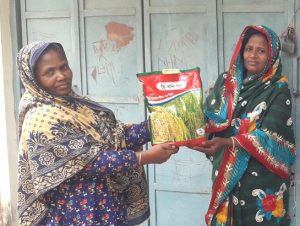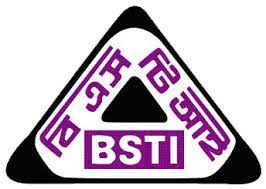Alarming rates of food insecurity and malnutrition persist alongside the growing crises of biodiversity loss and climate change. Food systems are at a critical juncture and a dramatic transition to agroecology is urgently needed. Agroecology’s profile in the national and international arena, and amongst researchers, farmers, and movements are growing. A recent paper summarizes the results of impact studies about agroecological interventions in semiarid regions in three countries – Brazil, Senegal and India. These provide strong evidence that agroecology can help increase farmers’ economic viability and income, farm productivity and diversity, food and nutritional security, and promote social change and women’s empowerment. This evidence shows the potential of agroecology as a pathway towards more sustainable agriculture and food systems and a viable way to achieve the main objectives of the Sustainable Development Goals (SDGs).
To fully realize its potential, it is important for concerned actors, practitioners, and civil society to advocate for agroecology’s full gender-sensitive, political, ecological, pro-small-scale food producer and pro-poor orientation, alongside food sovereignty and food justice. The study provides political recommendations which embody processes to generate and maintain shared values of equality, solidarity and justice as guiding principles for the participatory development of innovations and as part of effective, agroecology-led rural development. To make these interventions more effective, governments and development agencies should substantially increase support for agroecological interventions and shift funds away from “conventional” approaches that are disempowering, synthetic input-intensive, and harmful to the environment.
To continue to realize agroecology’s potential, it will be important to promote and scale-up on-going deliberative, inclusive, cross-sector policy dialogues; promote and secure sociopolitical equality across gender and marginalized groups; enable local institutions for horizontal learning and sharing; recognize and encourage diversified economies; increase participatory approaches for generating and maintaining crop and animal diversity; recognize women’s connections to improved nutrition, diversity, and diets; increase support for agroforestry in particular; and improve rural access to water, water quality, and other elements of basic infrastructure.
KEY FINDINGS
• Food systems are at a critical juncture and a dramatic transition to agroecology is urgently needed. Alarming rates of food insecurity and malnutrition persist, manifested as undernutrition, micronutrient deficiencies (“hidden hunger”) and “overnutrition” (overweight and obesity), alongside the growing crises of biodiversity loss and climate change.
• Agroecology’s profile in the national and international arena, and amongst researchers, farmers, and movement is growing. To fully realize its potential, it is thus all the more important for concerned actors, practitioners, and civil society to maintain pressure and support for agroecology’s full gender-sensitive, political, ecological, pro-small-scale food producer and pro-poor orientation, alongside food sovereignty and food justice.
• MISEREOR works with community-based organizations and researchers who share a vision for action and fundamental shifts to support a sustainable and just food future. This work enables us to learn from and support development interventions aligned with a transformative approach to agroecology.
Practically, this has already been demonstrated in previous research with MISEREOR-supported partners in Uganda and the Philippines (see pp.22-25), where agroecological processes have helped farmers increase incomes, resilience, diversity, autonomy, gender empowerment and food sovereignty. Continuing and amplifying this line of work based on partnerships with local NGOs and networks to build capacity and provide a voice for small-scale farmers, this report compiles studies of work on transformative agroecology and rural development in India, Brazil, and Senegal.
• These studies provide further evidence that agroecology can help increase farmers’ economic viability and income, farm productivity and diversity, food and nutritional security, and promote social change and women’s empowerment.
• To continue to realize agroecology’s potential, it will be important to promote and scale-up on-going deliberative, inclusive, cross-sector policy dialogues;promote and secure sociopolitical equality across gender and marginalized groups; enable local institutions for horizontal learning and sharing; recognize and encourage diversified economies; increase participatory approaches for generating and maintaining crop and animal diversity; recognize women’s connections to improved nutrition, diversity, and diets; increase support for agroforestry in particular; and improve rural access to water, water quality, and other elements of basic infrastructure.
To make these interventions more effective, governments and development agencies should substantially increase support for agroecological interventions and shift funds away from “conventional” approaches that are disempowering, synthetic input-intensive, and harmful to the environment.
Full report – URL: https://www.misereor.org/fileadmin//user_upload/misereor_org/Publications/englisch/synthesis-report-agroecology.pdf
– Third World Network




